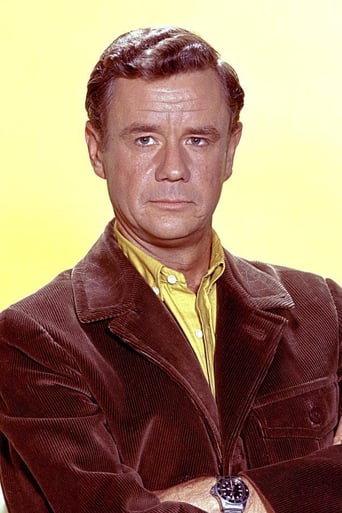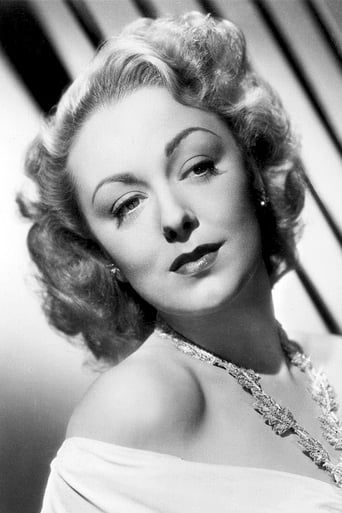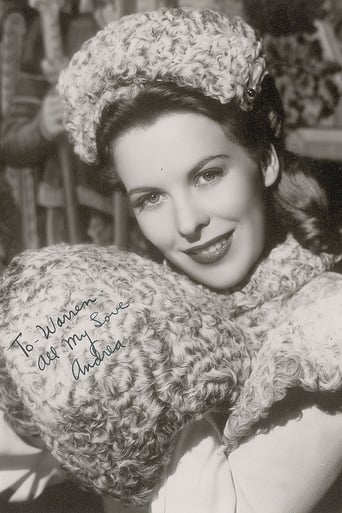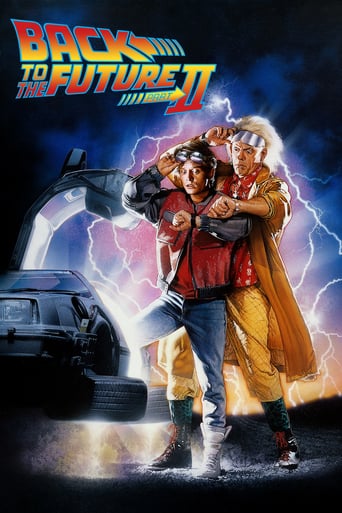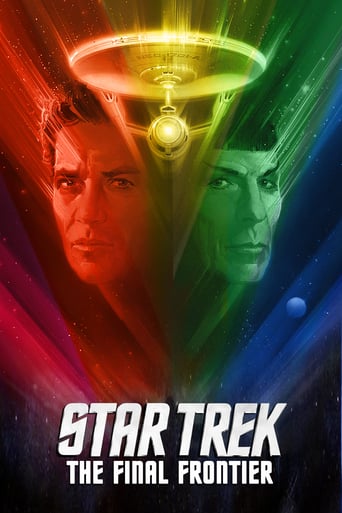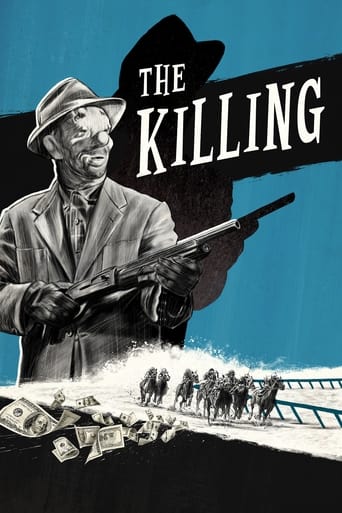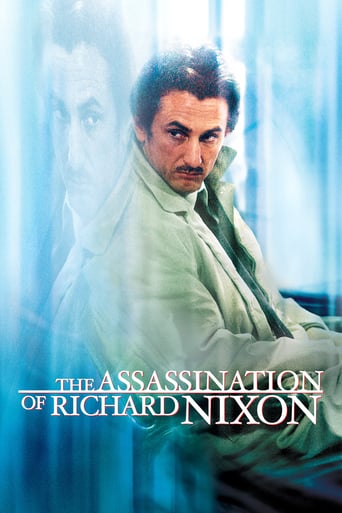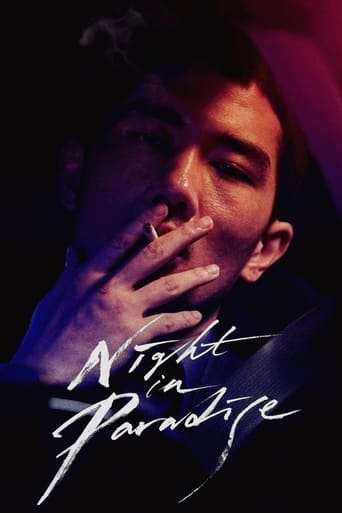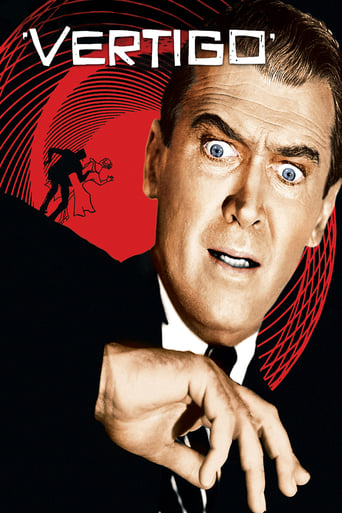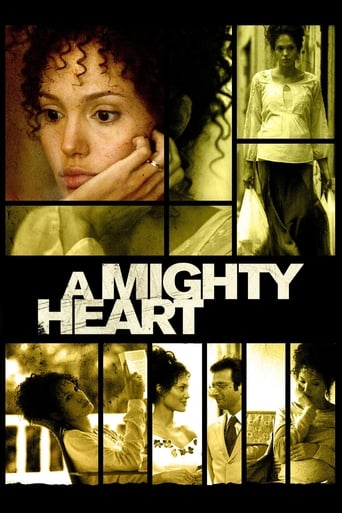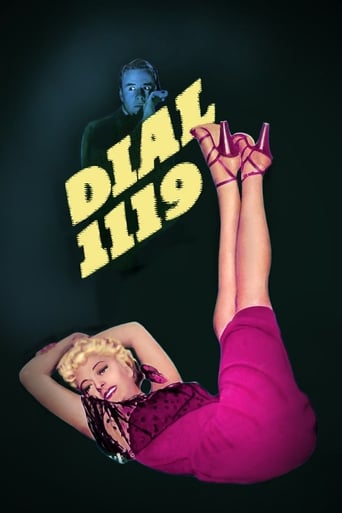
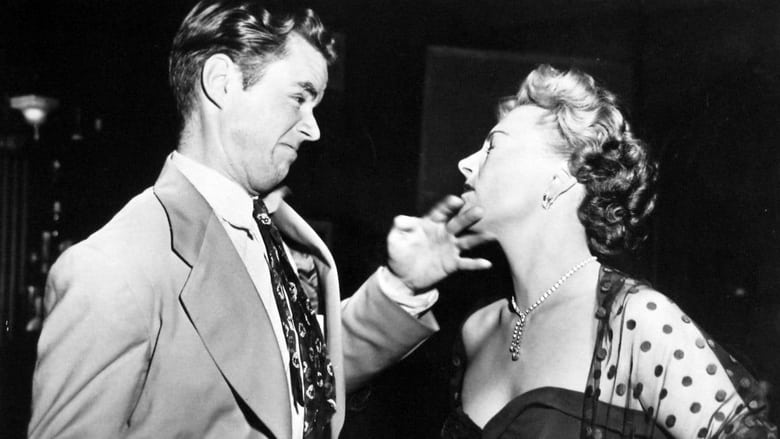
Dial 1119 (1950)
A deranged killer escapes from a mental institution, intent on locating the psychiatrist whose testimony sent him to the asylum, holds the patrons of a bar hostage.
Watch Trailer
Cast


Similar titles
Reviews
Such a frustrating disappointment
A Masterpiece!
It's entirely possible that sending the audience out feeling lousy was intentional
The film creates a perfect balance between action and depth of basic needs, in the midst of an infertile atmosphere.
Dial 1119 is directed by Gerald Mayer and collectively written by Hugh King, Don McGuire and John Monks Junior. It stars Marshall Thompson, Virginia Field, Andrea King, William Conrad and Sam Levine. Music is by Andre Previn and cinematography by Paul C. Vogel. The Killing Hour. A compact suspenser, Dial 1119 can be seen as very much a prototype of future thrillers where a hostage situation takes place. Here the story basically sees Thompson as escaped mental patient Gunther Wyckoff, who takes a bus to Terminal City, grabs hold of a gun and holes up in a bar with a small group of hostages. His aim is to reap revenge on the doctor who spared him the electric chair and had him committed instead.In the bar is the barman, the busboy who is an expectant father, a barfly broad, a Lothario and the young lady he had coerced into having a fling with him. As tensions rise in the bar, outside the crowd gathers and so does the press, who sensationalise the situation. The cops scratch around for a solution, one of which seems to be kill Wyckoff at any cost! The narrative has caustic observations on these outside parties, while it also brings into play the delusions of the troubled Wyckoff who believes he is a war torn ex squaddie. The film doesn't shy away from violence either, there will be blood, as it were.It's acted and directed commendably and Vogel's black and white photography is crisp and perfectly in keeping with the tone of the picture. All in all it's a good and suspenseful way to spend 75 minutes. 7/10
There's not really much worth going into. Marshall Thompson breaks out of a hospital for the criminally insane, travels to "Terminal City" and after shooting the bus driver, barges into a saloon and holds the half dozen patrons hostage. He demands that the psychiatrist, Sam Levene, be brought to him. Levene and the cops surrounding this dismal joint believe that Marshall just wants to talk to his former shrink, but he doesn't. He's come to kill him.So we wait, while Marshall kills the sour bartender who tries to dial 1119 and get the police, while the cops try to sneak a sharpshooter in through an air duct, and while some of the customers go through the varied tribulations familiar to fans of the airplane-in-danger movies. One wants to call his wife, who is having a baby. A reporter wants to call his editor and get a scoop on every other paper.The bartender is William Conrad, whose appearance is all too short. Sam Levene is always a treat but he's been given a role here -- the police shrink who got Thompson out of the electric chair three years ago by spouting a lot of psychobabble -- that no actor on earth could pull off without sacrificing his dignity.In the lead role, Marshall Thompson plays the madman as if he'd never met one. He's grim, never smiles, and speaks in the soothing tones you might use when speaking to a child, probably a deliver copied from some 1930s B movie he saw as a child himself.There is no sense of place. "Terminal City" doesn't exist. The streets are named "Second Street" and "Spring Street." The corner drug store is "Rialto Drugs." That's the corner at which the police and the news organizations pile up. ("What news from the Rialto?") Television was still a novelty because the gin mill has a great big one and it's lovingly described. Someone asks, "Does anybody know how to work this thing? Well turn it on." And we get to see the display panels inside the truck broadcasting live news. "Okay, cut to camera one and pan with the doctor." The direction is plodding. It lacks poetry and color. It's dull. How did Gerald Mayer ever come to direct this piece of rubbish? It probably helped that he was Louis B. Mayer's nephew.Pedestrian in every respect. It's sole virtue is that it's short.
You know the audience is in for a bumpy ride when the all-night bus arrives in a place called Terminal City. Actually it's the luckless driver who ends up terminated, with a slug in the belly from ungrateful, wacko passenger Gunther Wykoff (Thompson) who has not yet learned how to blink or turn his head. So, now the crazy guy is loose in the city, headed for a late night bar sporting that new-fangled invention called television. (I suspect this 1950 production was one of the first to integrate TV into the storyline.) There, he holds hostage a motley crew of barflies who, needless to say, don't help his condition at all. He'd like to whack 'em all, but first he has to meet with his head-doctor (Levene) who's obviously done a pretty rotten job so far. Meanwhile, the cops, a TV crew, and a few hundred on-lookers have taken a real interest in Gunther's where-abouts and are waiting outside to greet him if he ever comes out. So, the stage is set, but how will it play out.This may be big-budget MGM's cheapest production on record (basically one set and a $20 lighting bill), but they do get their money's worth. This suspenseful little crime drama is well acted and packs a pretty good punch. Baby-faced Thompson plays against type and is excellent in the pivotal role of the stare-happy wacko. William Conrad is a stand-out too, as the no-nonsense barkeep, but I guess it's only logical that he would have to exit early— too bad. On the other hand, make-out artist Earl (Ames) and the classy what's-she-doing-in- this-dump Helen (King) are none too believable, and I kept hoping Gunther would spare us the bad seduction dialog and put a fist in Earl's syrupy mouth. Apparently, young father Skip (Brasselle) was added so there would be at least one sympathetic person among the collection of compromised characters. Anyway, it's a good, tight little B-film, with the novel idea (for its time) that movies and TV might get along, after all.
What I liked about "Dial 1119" is that it's basically ignored as an example of film noir yet, for a film made in 1950, this thing was ahead of its time. First off, there's a big-screen TV in the bar, which plays an important part in advancing the plot. The folks who made this picture also foresaw the role that TV news would come to play in taking over a story. Good cast with William ("Cannon") Conrad as Chuckles the bartender, Leon ("Mr. Ed") Ames and Marshall ("Daktari") Thompson as the central character, our friendly neighborhood psycho. Finally, you've got a love a film noir selection that takes place in Terminal City.


